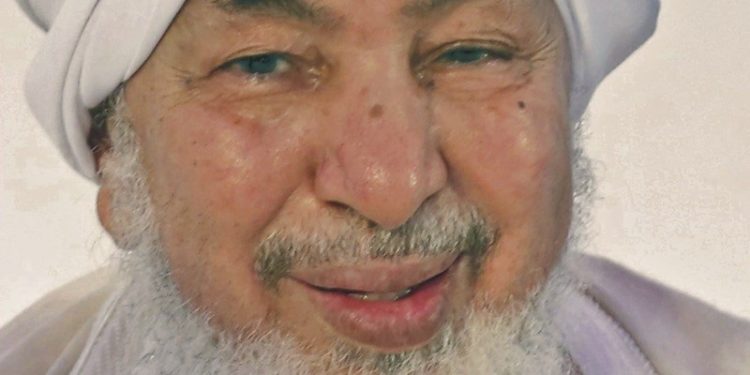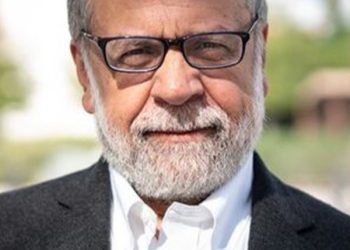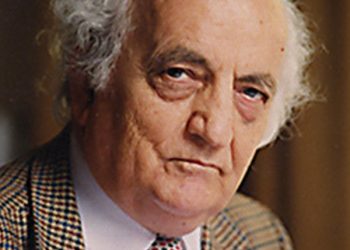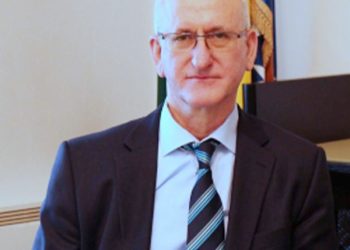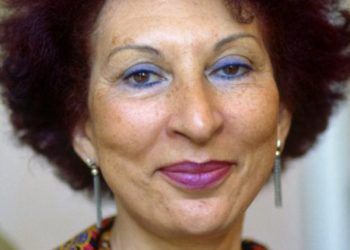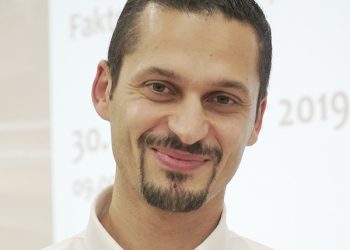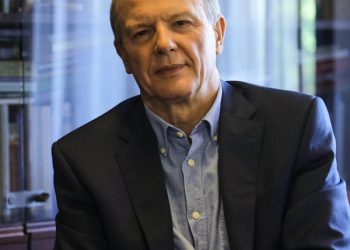Abdullah bin Bayyah was born in Mauritania in 1935. He received basic religious education from his father in his hometown of Timbedra, followed by Arabic under the supervision of Muhammad Salem bin al-Sheen and the Qur’an from Bayyah bin al-Salik al-Misumi. Abdullah bin Bayyah is a scholar of jurisprudence. In addition, he took courses from the leading scholars of the time on many subjects including fiqh, legal theory, language, rhetoric, Qur’anic exegesis, and siyar. He studied these subjects at the Mauritanian Teaching Center known as Mahadhir. Bayyah worked in various places as an expert of the four sects. When he was still in his youth, he was assigned to monitor the civil courts in Tunisia. When he returned to Mauritania, he served as Minister of Education and later as Minister of Justice.
He was also the first Vice President of the President of Mauritania. He continues to chair the Platform for Promoting Peace in Muslim Societies and is on the board of several councils, including the Islamic Fiqh Council in Saudi Arabia. His views can be characterized as peaceful and conciliatory. Fluent in Arabic and French, he has taught Islamic Legal Methodology, the Qur’an and law at King Abdulaziz University. He served as Director of the Center for Global Renewal and Guidance and was a member of the European Council for Research and Fatwa. The American Islamic thinker Hamza Yusuf, the best known of his students, served as Bayyah’s translator. In 2009, he was ranked among the 500 Most Influential Muslims by the Royal Jordanian Center for Islamic Strategic Studies, and in 2020 he was ranked 15th. As a member of the International Islamic Fiqh Academy or the Organization of the Islamic Conference, Sheikh bin Bayyah has been at the forefront of a permanent delegation to the United Nations.
He has spoken and lectured on the resilience of the Islamic legal tradition and has published articles with rulings for Muslims living abroad. Internationally recognized, Bayyah has taken steps to correct the injustices and injustices he has seen. In 2013, he met with senior advisors and aides to US President Barack Obama at the White House. There, he called for protection against atrocities in Syria and violence against the Muslim minority in Myanmar. He also met with Bill Gates at the Global Vaccine Summit in Abu Dhabi that same year. He also initiated and chaired the Muslim Council of Elders, a gathering of leading scholars of recent times. In Marrakech, he chaired a major meeting on “The Rights of Religious Minorities in Predominantly Muslim Majority Communities: Legal Framework and Call to Action” in Marrakech.
The three-day summit was attended by 50 non-Muslim leaders and 250 Muslim leaders. This summit discussed the violence suffered by minority Muslims and offered recommendations on this issue, citing the Medina Charter as an example. Sheikh Bayyah has many published works. These include: “The Discourse of Security and the Culture of Tolerance and Harmony in Islam”, “The Art of Giving Fatwa”, “On the Methodology of Law”, “A Dialogue at a Distance: On Human Rights”, and other works focusing on human rights, Islamic law and politics. Among the awards he has received are the following: “King Abdulaziz Medal and Degree of Distinction”, “Scholars and Seekers of God” award, “Chinguetti Prize” for his work “A Dialogue at a Distance”.
Finally, he received the “Distinguished Islamic Conference Organization” degree. Bayyah also speaks at the annual “Reviving the Spirit of Islam” conference in Toronto. One of the most important conferences he attended was the “First Summit Conference of Muslim States” in Rabat. Most recently, he chaired the first African Conference for Muslim Unity in Africa. Bayyah lives in Saudi Arabia, where he is a member of the Supreme Council of the United Kingdom’s Center for Monitoring the Objectives of Sharia. He continues to teach at King Abdulaziz University.





































